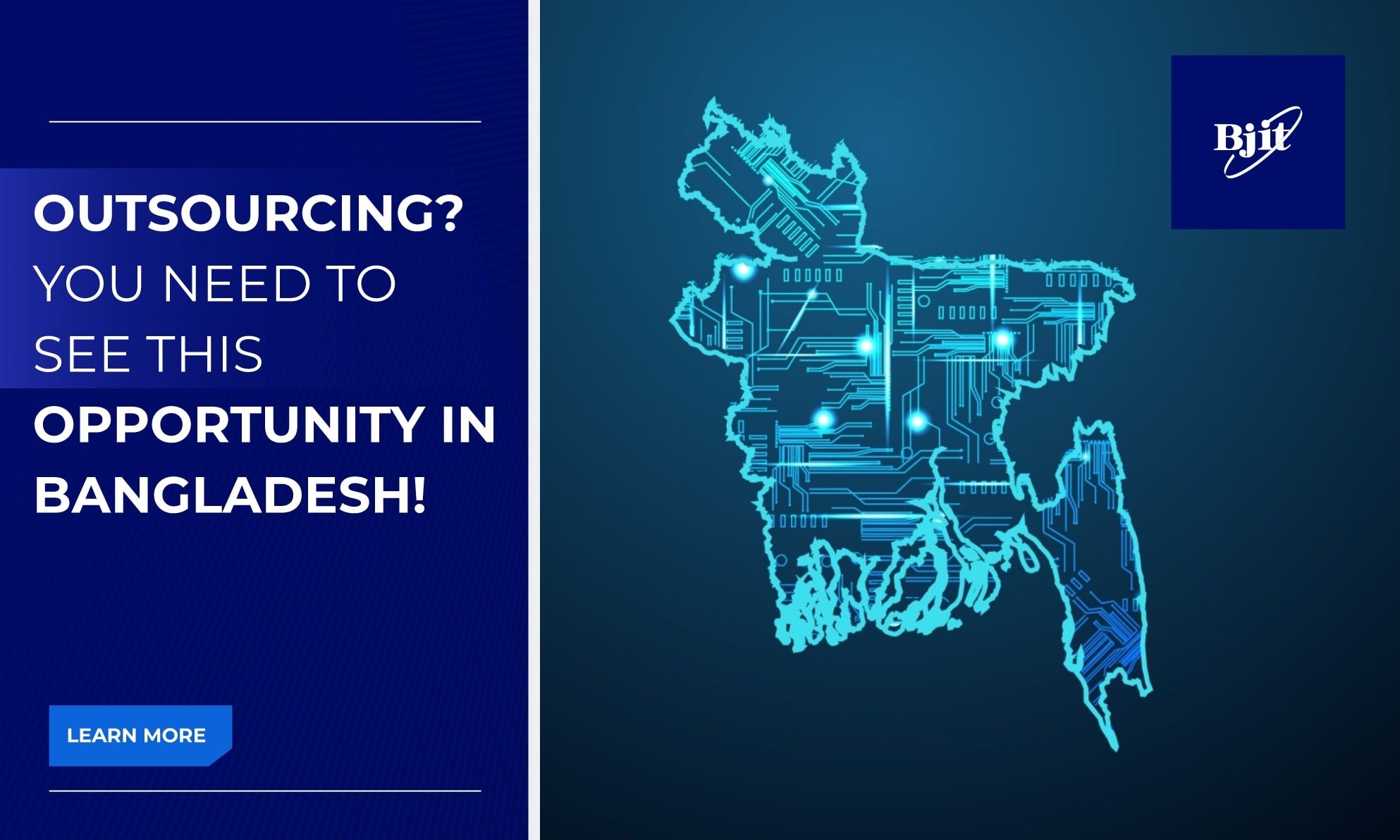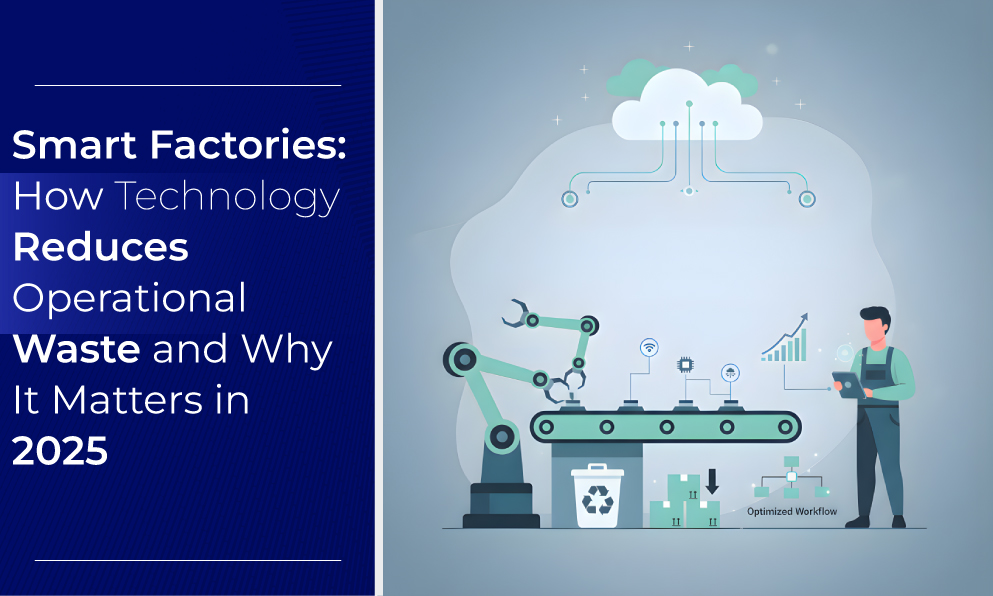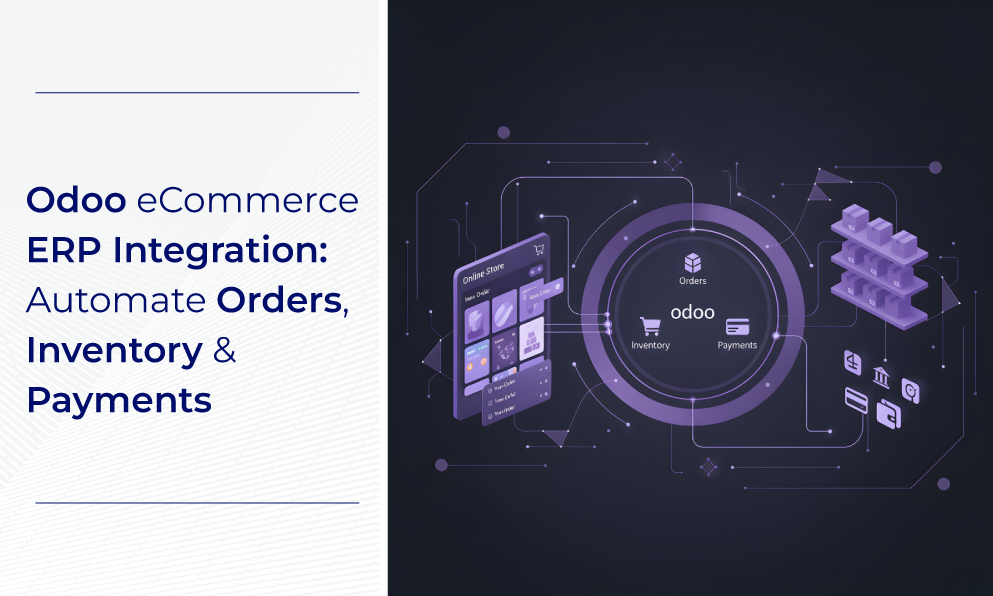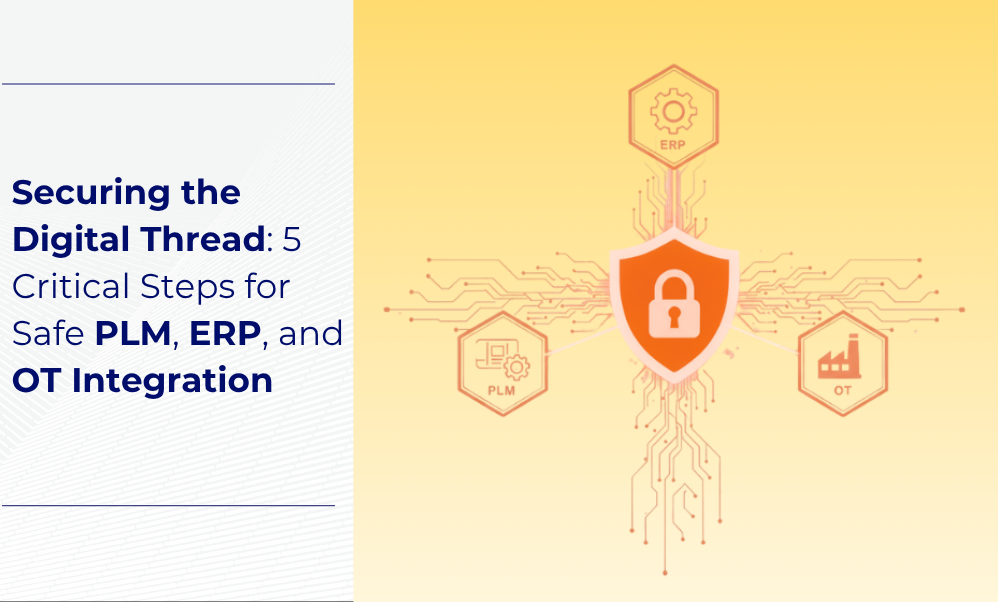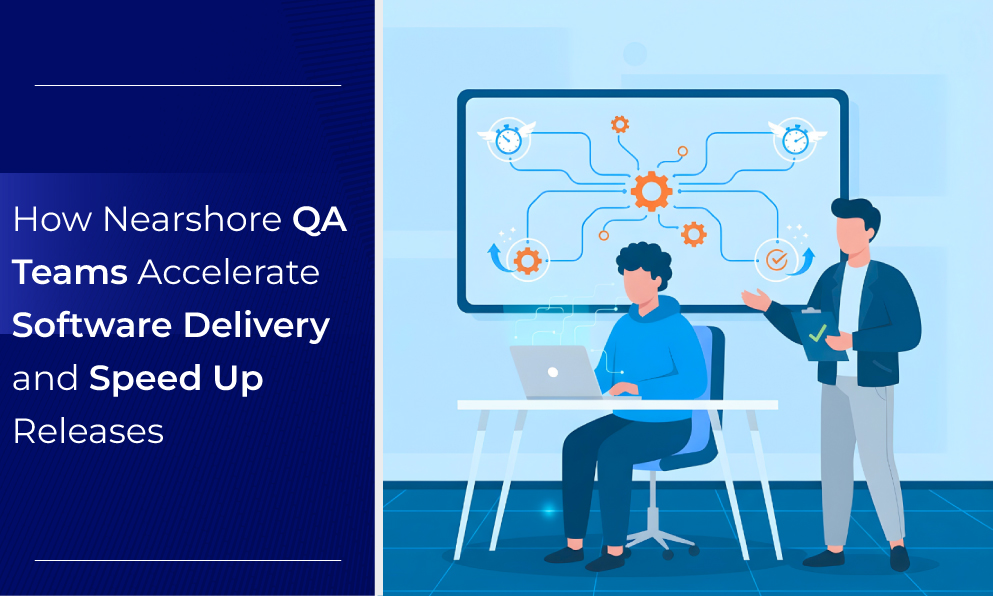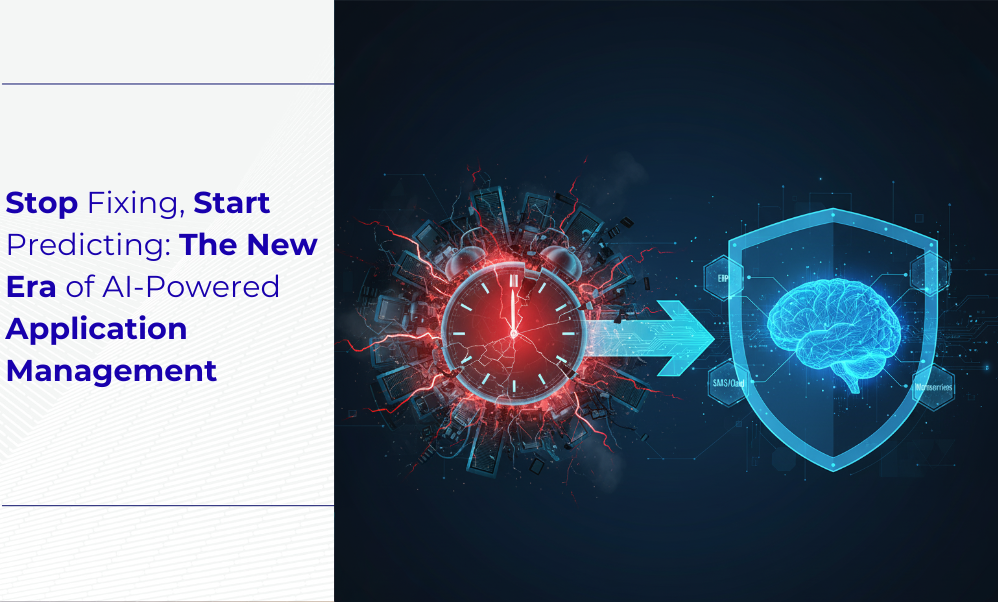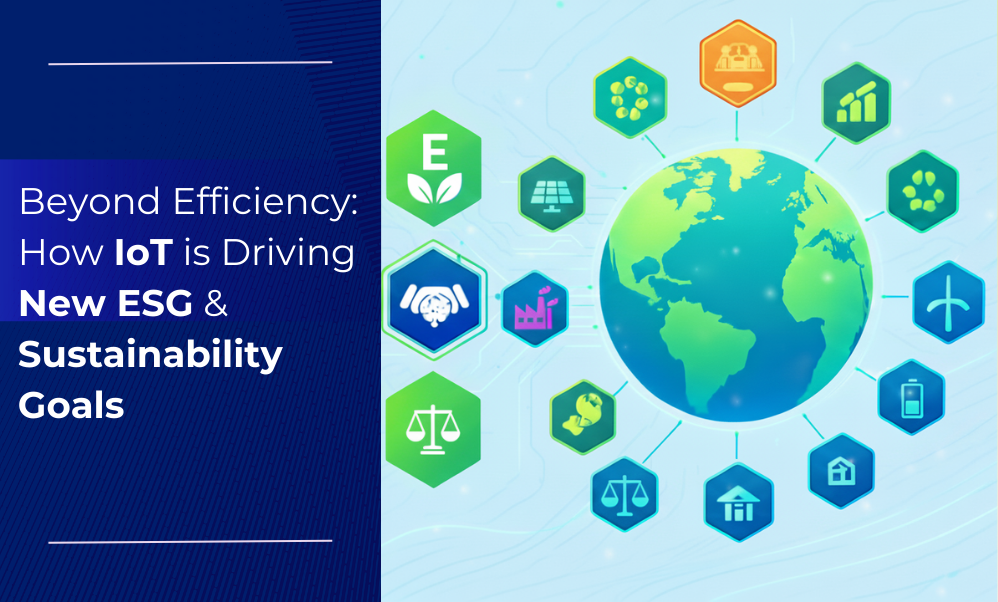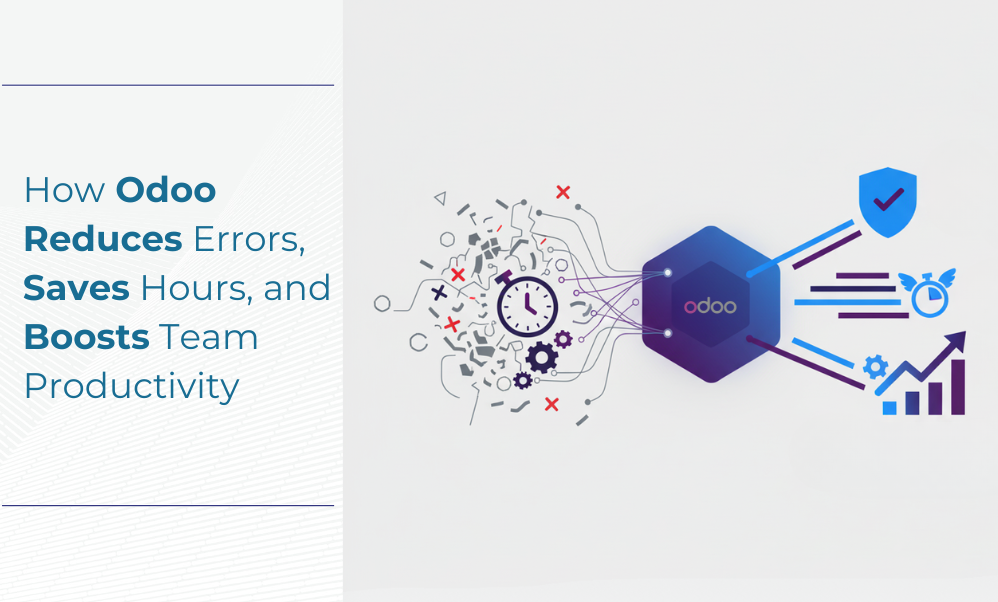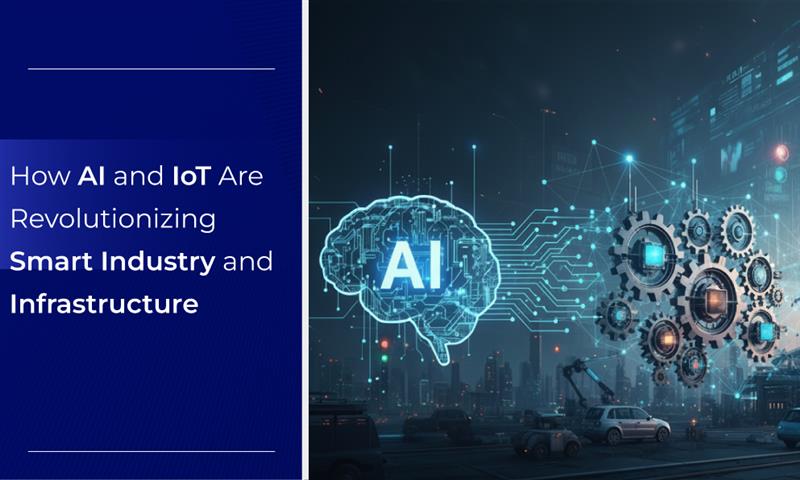Nearshore IT Trends To Watch Closely for global coaction In 2023
Changes in technology are still causing havoc on the planet. Expect to see further strategic and revolutionary advances in 2023 if these more recent moves pick up steam and become more intense. MediaPeanut estimates that the IT sector grows by 5-6% annually. As a result of these significant changes, agile nearshore IT services have evolved. It makes the best software development methods more prominent and allows businesses to remain adaptable and responsive to changing market demands.
This article will examine how agile nearshore software development may be utilized to quickly and effectively produce high-quality software. You may use emergent technologies to your benefit in the early stages and get a competitive edge by riding them sooner.
How Will BJIT’s Agile Software Development Methodology Enable Global Collaboration in 2023 and Beyond?
Custom software design and development evolve via cooperation amongst self-organizing cross-functional teams, according to a number of principles underlying agile software development. This technique emphasizes quick and adaptable reactions to change, flexible planning, evolutionary growth, early delivery, and ongoing process improvement.
Agile software development is well-liked and extensively used by several large and small tech companies as well as some organizations in a wide array of other sectors. First of all, compared to conventional waterfall methodologies, it enables far more flexible and iterative development. It implies that software developers can adapt to adjustments and new specifications more rapidly, and the finished result is of superior quality. Second, agile methodologies promote tight communication between engineers and clients, which improves comprehension of client's requirements.
Although there are several ways to apply our to software development, there are certain common components that are usually included. These consist of:
- Flexible planning
- Rapid development timeframes
- Customers and developers work closely together
- Comments and testing at all times
- Constant development
Agile software development is a fantastic option for tasks that must be completed by a specific date. Because the agile method promotes consumer input and participation, it is also appropriate for circumstances in which customer engagement is required. Additionally, enterprises with short product life cycles may find the agile methodology to be particularly beneficial for the expansion of their businesses.
BJIT’s Nearshore IT Service Business Model for Seamless Delivery
A corporate strategy known as "nearshoring" involves contracting out work to another organization in a neighboring nation, usually to save expenses. This idea is sometimes contrasted with IT offshore outsourcing, which is assigning duties to a vendor in a distant nation. \
Compared to typical offshore outsourcing, which may be more susceptible to time zone and cultural variations, this outsourcing technique may be more adaptable and quick to respond.
There are several reasons why businesses choose to outsource their IT needs. Typically, they aim to:
- Make use of fresh talent and markets. Businesses can access new markets and our vast pool of talent as they otherwise would not have known about through nearshoring IT services.
- Quality Service. Nearshoring frequently results in higher-quality products because overseas IT service providers provide excellent services and a complete tech stack.
- Cut down on time to market. By using the time difference between their home nation and the location where the IT services are being obtained, nearshoring allows businesses to reduce the amount of time needed to introduce new goods and services to the market.
- Enhanced customer service. Nearshoring IT services can occasionally result in superior customer service since technology providers in the closest nations may offer full services that cater to clients' demands and questions.
Nearshore Technology Trends That Will Steal the Show in 2023
The Digital Immune System
IT integrates many techniques and technologies to make essential applications more bug-resistant, facilitating their ability to recover, continue providing their services, manage risks, and ensure company continuity. Businesses that invest in digital immunity, according to Gartner, will see an 80% reduction in downtime, which will result in higher customer satisfaction.
Observability, AI-augmented testing, Chaos engineering, Auto-remediation, Site Reliability Engineering (SRE), and Software supply chain security are some of the key ideas behind digital immunity. Together, they guarantee that systems don't crash, that services are provided continuously, and that errors are quickly fixed. This aids in restoring the machine to its initial settings for a better user experience.
Green Technology
What if technology could offer a way to monitor metrics to reduce carbon footprint, support environmental legislation, and keep an eye on social governance?
Expect to see increasingly significant and creative digital solutions to track and direct an organization's environmental goals as 2023 draws closer. They may become more nature-centric and achieve Environmental, Social, and Governance (ESG) results with the aid of these cutting-edge technologies.
Cost-saving, energy performance, and asset-use improvements are all made possible by sustainable technology. Technology can help businesses that want to go green achieve their goals. Through the use of AI, the cloud, IoT-enabled environmental sensors, analytics, and other technologies, they will be able to manage waste and energy resources while reducing direct emissions, reducing waste, minimizing indirect emissions, and doing much more.
Learn More: Prepare For The Future of Digital Innovation with BJIT
Drone technology
In 2023, drone technology is set to take off.
Given the degree of disruption already present in the supply chain, any uncertainty hurts logistics and slows down delivery. This results in unfilled orders and damaged company relationships. What if companies could use unmanned aerial drones to carry out last-mile deliveries and enable them to access remote locations?
Additionally, expect to see increased use in the fields of construction, agriculture, security, media, and perhaps the military. Companies investing in drone technology anticipate more cost savings by decreasing fuel and duplicate labor costs, lowering risk, increasing revenue growth, and making better decisions after evaluating the data these devices collect.
Platform Engineering
Platform engineering boosts productivity and enhances the developer experience by automating repetitive tasks and enabling self-service capabilities to hasten app delivery and promote more effective communication between operators and software developers. Through reusable tools and capabilities, it aims to modernize business software delivery.
In order to release the product as soon as possible, a smooth development cycle with no overhead, self-service capabilities, decreased cognitive burden, more consistency, improved efficiency, and seamless cooperation are required. Platform engineering seeks to redesign and create a platform in accordance with the requirements of its end users by utilizing standardized parts and automated procedures.
Blockchain Technology
Blockchain as a trust-building technology will take off in 2023, according to research. The foundational elements of Blockchain—encryption, privacy, community control, immutability, traceability, and decentralization—ensure its reliability. The capacity to validate improves security, cuts costs, quickens processing, and inspires trust. Blockchain removes middlemen and establishes a solitary, safe road to the destination.
The information is recorded, managed, and sent through a distributed ledger technology called blockchain. Making tampering impossible, it provides transparent access and instantly creates links between the data in the chain. From Smart Contracts to Supply Chains, blockchain technology can build frictionless operations; as a result, expect to see enormous value everywhere.
Cybersecurity
Cyber security managed services are not a new idea, but it is one that is always changing. Threats have also increased as technology has advanced! We continually confront new dangers; thus, it is imperative that security solutions are updated periodically. The trend of cyber security will not go away. The creative solutions that ethical hackers, security engineers, or malware analysts will develop to prevent sensitive data from getting into the wrong hands will be fascinating to observe. Many businesses nowadays use cutting-edge technology to provide the greatest security measures and securely store their sensitive and important data.
Read More: 5 Biggest Innovation Barriers That Business Leaders Should Resolve In 2022!
Are you ready for the change?
There has never been a period of technological dormancy; the next revolutionary development is always just around the corner. What is cutting edge right now can become archaic shortly. Companies must invest in the fundamental changes that are soon to come if they want to convert into actual industry leaders. Avoiding or postponing this might cause your company to deteriorate and potentially sink.
It's never simple adopting modern technology. You need a business case, a detailed roadmap, a change management strategy, predicted value realizations, and other metrics in addition to the monetary investment. Unfortunately, the process can get complicated which is why we provide award-winning Onsite, Offshore & Nearshore IT services.
BJIT's creative and knowledgeable professionals have your back. Contact us, and we'll incorporate the newest technology for your company.

